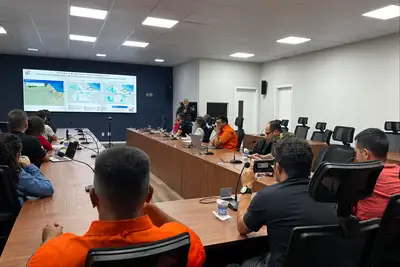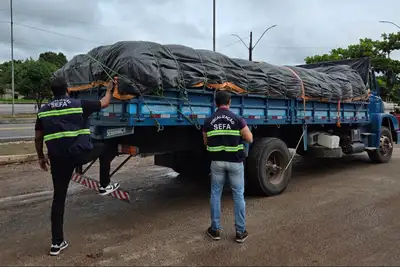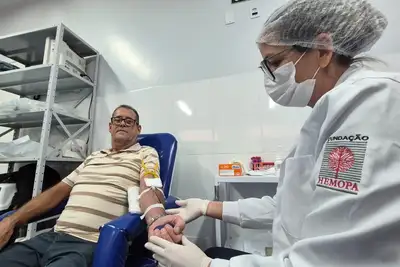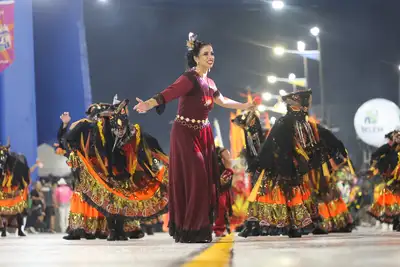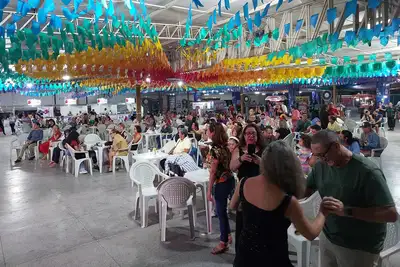Emater's Service Opens Doors to Public Policies for Farmers in Mosqueiro
Government of Pará brings documentation, technology, and commercialization
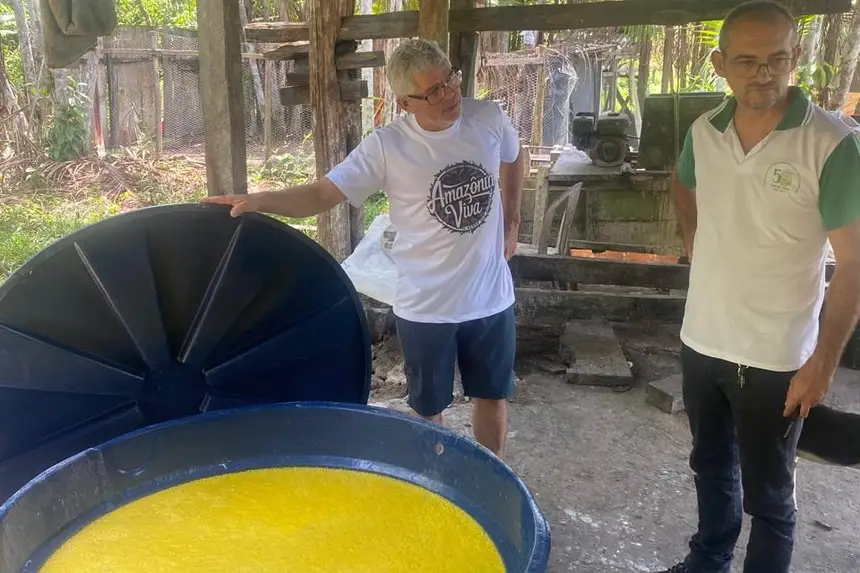
In the central room of the Froes Silva Farm, on Mosqueiro Island, District of Belém, 75-year-old Odete Fróes watches the story of another Odete every night: Roitman, a character from the soap opera Vale Tudo, on TV Globo: "I think we are two strong and important women. The difference is that she is a villain and famous. I am the Odete on the side of good and known only in my region Caruaru," she jokes. The address is accessed by more than ten kilometers of sand and dirt roads, surrounded by forest, from Km 28 of the Engenheiro Augusto Meira Filho highway, PA-391, the so-called "Mosqueiro Road."
The story of this retired farmer, not due to age, according to her, but rather due to a series of falls that nearly took away her mobility, also deserves to be told in the context of the collective service of the local office of the Technical Assistance and Rural Extension Company of Pará (Emater) in Belém. The farmer began helping in the fields as a child, following an ancestral tradition, and now encourages her offspring to continue the family legacy.
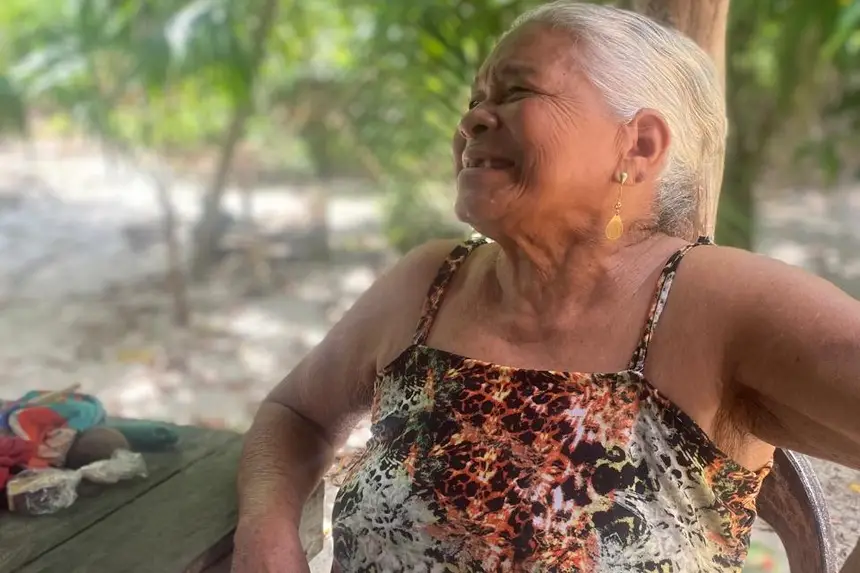
“My parents, my grandparents, my great-grandparents. My deceased husband. All farmers. We are continuing our roots, keeping them alive. And that is what I offer as an inheritance to my children,” says Odete Fróes.
One of nine children, Maria Gracilene, 43, just received from Emater, in a meeting at the headquarters of the Association of Small Farmers of Mari-Mari II (Apamm), on Wednesday (15), two fundamental documents for eligibility for public policies in the agricultural and land sectors: the national register of family agriculture (caf) and the rural environmental register (car) of the property, separated from the total family area - in this case, a little over half a hectare, currently unnamed, where she will plant cassava.
“I went to Belém to study, came back, and then decided to resume this knowledge that comes from generations, right? My main goal is to generate income,” details Maria Gracilene.
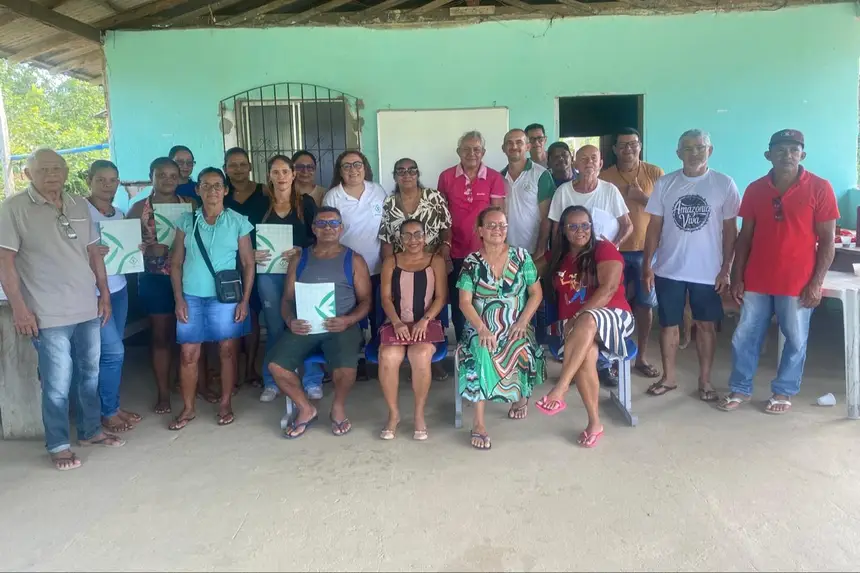
At the event on Wednesday, five cafs and two cars were delivered. The registration task force by the Emater team, with the collaboration of the Association, takes place almost every week. One of the immediate goals is to qualify for supply to the Food Acquisition Program (PAA), via a public notice from the City Hall.
This year, in Mosqueiro, with the support of Emater, 13 families from the Community supply monthly shelters and social assistance reference centers (cras), among other government institutions, with four tons of food such as bananas, cassava, and green herbs, with an estimated profit reaching 50%.
“The PAA is a very advantageous opportunity for the family farmer in Mosqueiro, in terms of guaranteeing purchases at competitive prices. This allows us not only to persevere in our activities, maintain our peasant existence, but also to expand and improve our systems. Since the PAA, in which Apamm has participated for four years, some families have tripled their production because they have someone to sell to. Emater is a great partner in the documentation process,” considers Apamm president Daniel Luz, 64.
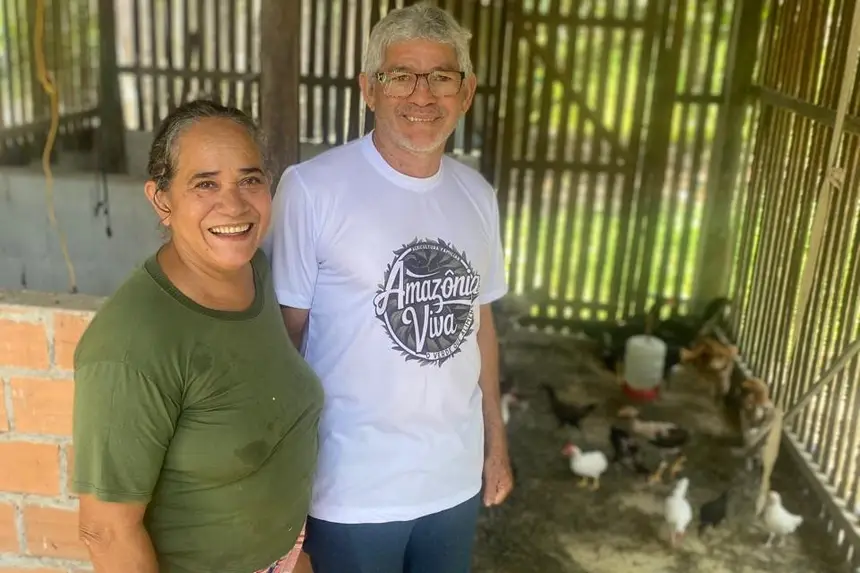
According to the Leadership, the expectation is that, through mobilization and awareness, the number of families from Mari-Mari II in the PAA will increase by more than 300% in 2026. There are 153 members living in family lots averaging 17 and a half hectares.
For Emater agronomist Soraya Araújo, a specialist in public policies and a master's degree in Family Agriculture and Agroecology, the role of Emater is building and a citizen instrument: “Emater is the Government of Pará at the forefront: in physical presence and constant support. We reach all places in Pará: although residents of Belém, many of these families do face distances, geographical difficulties, and especially socioeconomic vulnerabilities. We went in loco and remain available for digital communication, via WhatsApp, which facilitates and streamlines processes. This means, in practice, that Emater accompanies the protagonism of families in the changes in society in the countryside and gives visibility to these citizens, their facts, and their rights,” she points out.
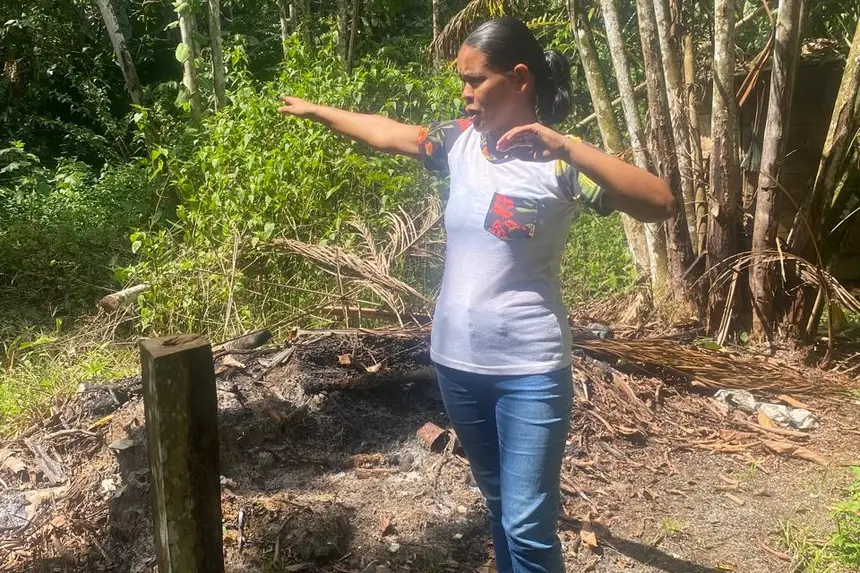
The extension worker highlights the issue of new generations: “The grandparents are retiring, the children are managing the properties, the grandchildren are already marrying and forming their own households: in such dynamics, there are new ownerships and subdivision of assets, of the hectares of the lots. The blood tie extends to a society that is patrimonial, commercial, and cultural,” she analyzes.
Results
At Sítio Moura, the couple Francisco Lima and Maria Marly Carvalho, both 58 years old, have an active rural credit via Emater's project and the release from the Bank of the Amazon (Basa), from line B of the National Program for Strengthening Family Agriculture (Pronaf), in the amount of R$ 10,000. They work with bees, water flour, free-range chicken, tapioca gum, vegetables, black pepper, and tucupi.
“Everything mixed together. We have a bit of everything, and maybe a little more. It’s a way of diversifying income and ensuring food security, because we not only sell but also consume,” points out Lima. Just for the demand of the Círio de Nazaré 2025, the family sold 800 liters of tucupi and 200 kilograms of tapioca gum.
According to the aquaculture and fishing technician and agricultural technician from Emater, Ryan Anderson Carneiro, the technological diffusion led by Emater transforms the productive reality and, consequently, the quality of life of farmers in Mosqueiro.
“We suggest socially-oriented technologies, respecting customs and accessible in financial aspects. Some guided adaptations even come at no cost, with recycling and utilization of waste. In poultry farming, it is possible to repurpose PET bottles as feeders and drinkers and supplement animal nutrition with vegetable waste,” explains Ryan Carneiro.
Text by Aline Miranda






